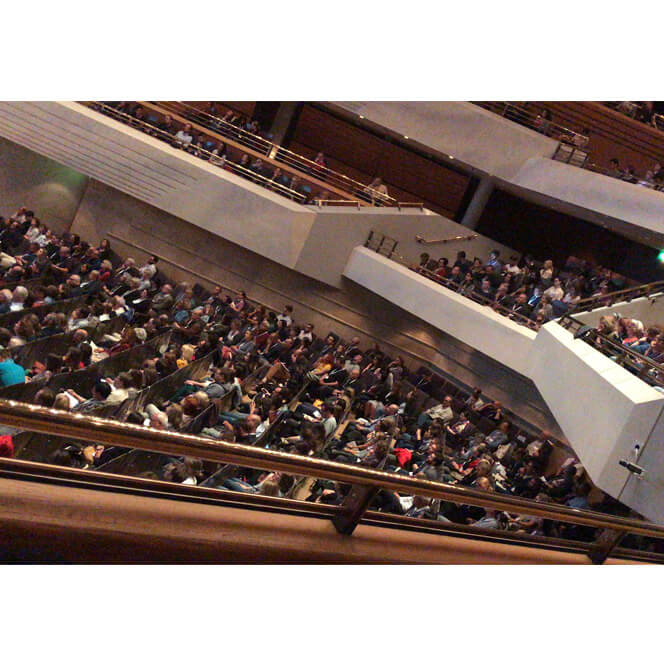It is always uplifting to be in the gathered company of sociologists and to be with more than 3,000 in Manchester last week (w/c 19 August) was an experience to treasure. All the more so, as sociologists from all over Europe gathered together in the UK, to the background music of the ongoing Brexit shambles. This year, the conference theme for the European Sociological Association was Europe and Beyond: Boundaries, Barriers and Belonging. No mention of the other B word. Yet for many of us this was a persistent presence as we discussed these issues.
It was then my privilege, as President of the BSA, to co-organize a sub-plenary with Sue Scott, as President of the ESA on the subject of Nationalism, Europe and Brexit. For this session we wanted to hear a range of voices, from different parts of Europe with distinctive contributions to make on the sociological analysis of Brexit. So rather than inviting one or even two speakers – as would be more traditional for a plenary session – we invited four, asking each to limit their talk to 10 minutes to give time for discussion and debate amongst the panel and with the audience.
A tall order! And one that each stuck to with aplomb (and the occasional prompt from Tony Trueman the BSA Media Consultant, sitting in the front row). As over two hundred delegates assembled at 9am on a rainy Thursday morning in the wonderful Bridgewater Hall – home to the Hallé orchestra and recently to Dolly Parton – our distinguished speakers took to the stage: Michaela Benson (Goldsmiths, University of London), Vanessa E. Thompson (Goethe-University, Frankfurt), Max Haller (University of Graz) and Gurminder K. Bhambra (University of Sussex).
The skill of each in demonstrating how Sociology takes us beyond popular explanations for Brexit was impressive. This is not my personal field of research, but the analysis reached beyond specialism and spoke to us all. Here are my key take-homes (forgive me, dear speakers, where I have abbreviated and interpreted):
- The terms of the Brexit debate depend on a selective territorialisation of British citizenship and nation-making – confined to the island of Britain – that focuses discussion (political, public and academic alike) on who should be allowed to enter and who should leave. If we remember the large number of citizens who live beyond the island – those who have emigrated and those who have never lived here – the impossibility of isolating ‘Britain’ as the island territory is apparent.
- A narrative that explains Brexit (or Trump or the growth of populism more generally) in terms of the ‘left behind’ working classes, and a failure of class politics, operates to marginalise the struggles of minority groups as identity politics and replaces this with calls to return to a ‘real’ politics of class that turns out to mean the white working class.
- There have always been competing ideas of Europe, what is it and who it is for. Divisions between intellectuals and policy/political elites on the one hand and wider populist sentiment are not new. Understanding how we got to Brexit demands socio-political analysis of this history.
- Since its formation in 1707 Britain has been multicultural, multi-ethnic and multireligious, tied to its imperialist history and this, in turn, has consequences for how we understand Brexit. The vote to leave the EU may have had far less to do with the EU itself and far more to do with the unfinished legacies of empire, led by the white middle classes seeking to regain symbolic greatness in the postcolonial era.
These analyses are disruptive and vital and not heard nearly enough in the mainstream media and popular debate about Brexit, or about Europe more generally. For the audience on the day, there seemed to be little disagreement. Certainly, there was less of the lively discussion that we had expected! Perhaps it was simply that the analyses were indisputable – an unusual outcome for a Sociology audience. Perhaps it was the soaring space of the Bridgewater Hall that made audience engagement difficult. But it did get me thinking about how we do conferences and why we do them this way. Over my years attending conferences I’ve seen experiments that aim to rebalance the speaker/audience contribution. They have not stuck. Do we like it this way? Perhaps it’s a treat to be a silent listener. Perhaps we want to have lively discussions with our friends and peer networks, not in a context where the binary of speaker/audience is set from the outset.
I don’t know the answer, but I’d be interested to hear from anyone who does! For now, I’d like to thank Sue Scott and the Executive Committee of the ESA, Gary Pollock & the local organizing team at Manchester Metropolitan University and the wonderful ESA office team for running a great conference, and for bringing 3000 European Sociologists to Manchester just when we needed them the most.


